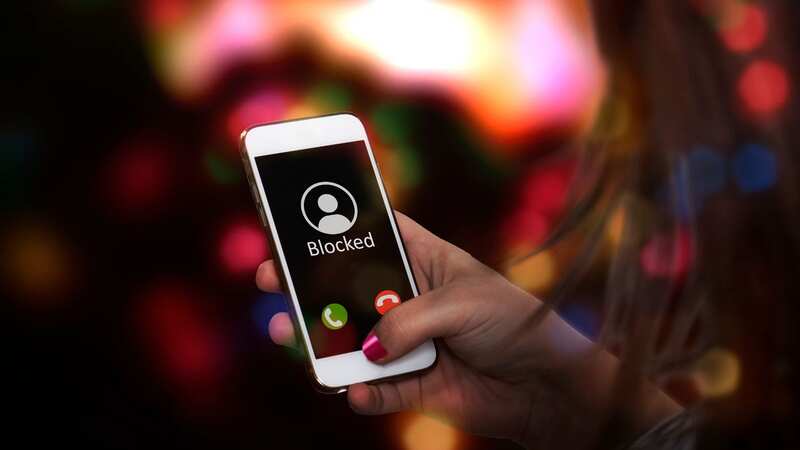Cyberstalking victim shares warning signs on how to spot if you're being watched

A woman who was cyberstalked by her estranged husband has teamed up with a security expert to share the warning signs.
The victim, whose name has been altered to Jennifer, said it was "frightening" to realise she couldn't communicate freely after being followed online.
Jennifer said the terrifying ordeal began when a strange notifications popped up, saying someone was signing into her social media accounts from random locations.
Darren Guccione, CEO and co-founder of Keeper Security, warned that "our digital and physical worlds" are becoming more connected than ever, reports Daily Mail. He highlighted that there is an increase in consequences from online behaviour, which "play out in real life." Guccione and Jennifer have shared six warning signs to help spot if you are being stalked online.
Password reset requests
 Man in 30s dies after being stabbed in park sparking police probe
Man in 30s dies after being stabbed in park sparking police probe
Guccione warned that receiving a password request for online networking, email or banking accounts should be viewed as suspicious if you didn't prompt for one. He explained that it could be an indicator that someone is trying to prevent you from accessing your own account. He said it can lead to someone gaining "control of personal or financial information." He added: "If an attacker can take over those accounts, the damage can be far-reaching and severe."
People pretending to be you
The security expert stressed that fake profiles are a sign of cyberstalker and can lead to your friends being harrassed, in some cases. Fake profiles may also try to befriend you. He explained: "If you believe a user has created new accounts for the purpose of harassing you, you can block those accounts too, and report the user, as most websites have a policy against this behaviour."
Random location sign-ins
Jennifer urged people to reduce the information they share online to minimise the risk. It comes after she discovered her account was being accessed from the home she used to share with her husband. She took immediate action and changed her privacy settings. She said: "I quickly made sure to block my stalker on social accounts and set them to private, as well as those close to him who may unknowingly feed information to him."
Users sharing your own details with you
Guccione warned that if there is anyone who is keen to share details that only you or your close friends would know, it is likely a fake profile. He urged people to "lock down" social media profiles as quickly as possible and contact customer services.
Unknown packages arriving
Another alarming sign is when packages, such as Amazon products, arrive at your property, with no idea where they came from. This is said to be a clear indicator of cyberstalking. It is believed that stalkers want to spark fear in their victims by letting them know, they are aware of their address.
People arriving to locations you mentioned online
Guccione said cyberstalking can spill into the real world and can be in the form of people turning up to a place you have mentioned online. He stressed online harassment does "not always remain confined to the digital world."
Further Prevention
Guccione suggested using tools such as Virtual Private Network (VPN) apps to help keep your location and passwords hidden. He also recommended regularly updating your passwords and using password managers, two-factor authentication and disabling geo-tagging to stop people from finding out where you are in real-time.
He explained: "A key component of cyberstalking is compromising the accounts and devices of victims in order to steal confidential information or install malware such as keyloggers to monitor their online activity and even track their physical location. Victims may receive threatening messages, and cyberstalkers may attempt to set up phoney accounts to further harass or control their victims."
Read more similar news:
Comments:
comments powered by Disqus

































